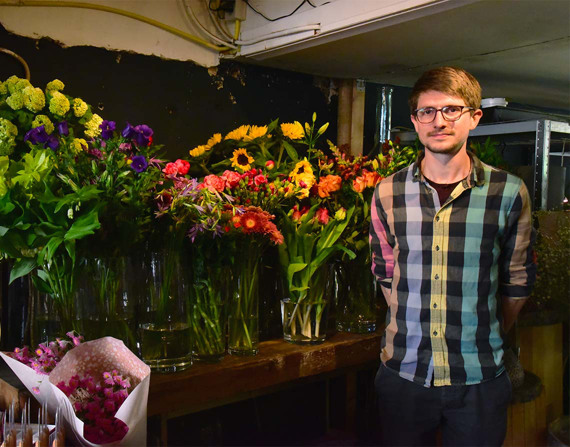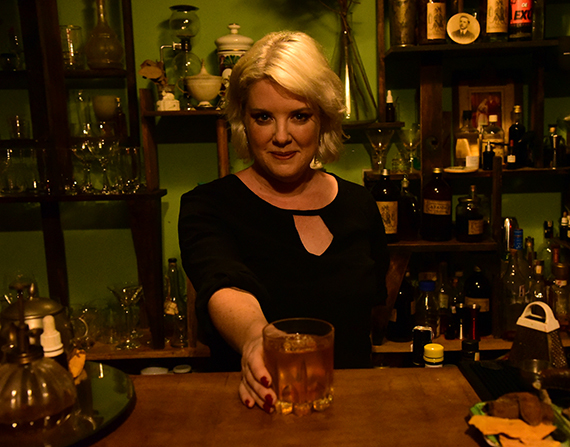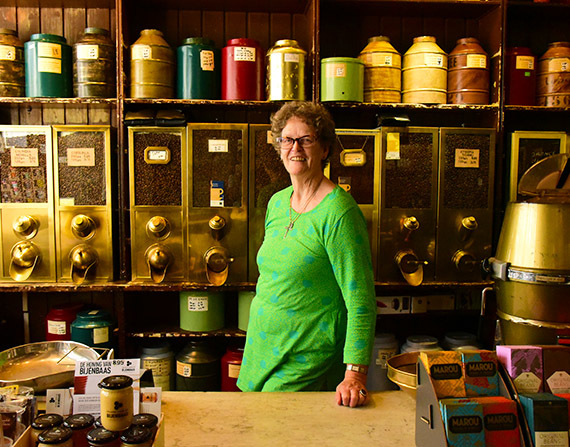My Last Drink with Diageo's Brazilian Ambassador, Kennedy Nascimento
Long before any of us could ever have imagined living under such socially restricted conditions, having to cope with an endless quarantine, I've had the idea to ask some dear bartenders that I admire the most: what would the Last Drink of your life be? Coincidentally or not, Covid-19 made its unpleasant appearance right after my first inquiries and the subject of this interview has made more sense than ever.
We are far from the end of the world (well, at least I hope and suppose), but how many of us have been thinking of the last free moments amongst friends and family? If we could go back in time, what would the drink, the company, the atmosphere and the moment we would choose to experience, for the last time?
In moments of social distancing, our relationship with everything and everyone has been shaping our new perspectives. One of the most drastic changes - many will agree with me - has been the ban on bars and restaurants that are forbidden to welcome clients, except for delivery or take away.
We are driven by human connection. We love exchanging and sharing. Therefore, as much as digital facilities have proven to be highly effective, we cannot wait to get rid of some of them (if Zoom meetings come to mind, you know exactly what I mean).
We can't hide how dependent we are on face-to-face contact and tangible, real relationships over virtual ones (for the record, I find this to be a very positive statement). Fortunately, when I invited my dear friend, Kennedy Nascimento, a Brazilian bartender, to participate in "My Last Drink" series of interviews, his favorite bar was still open in São Paulo, Brazil (we had been there one day before lockdown hit my home country and a few days after I permanently moved to the Netherlands).
Kennedy celebrates his 10-year career as a bartender in 2020. I have always admired his work, enthusiasm and determination (not to mention his elegance). At the Brazilian bar Boca de Ouro, in São Paulo - one of the most authentic I've ever been to - Kennedy and I had a long talk that I am pleased to share:
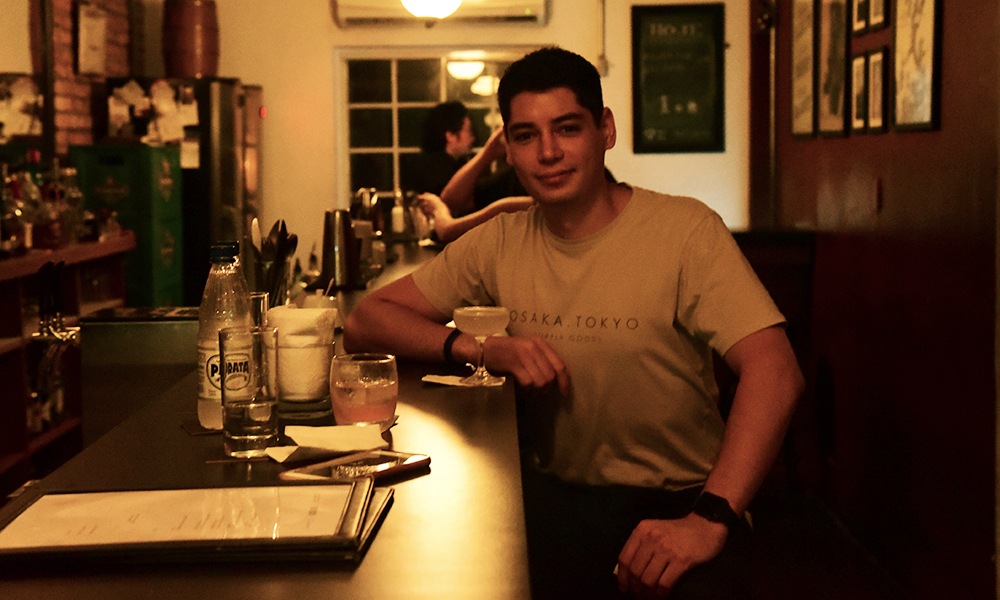
Have you taken long to decide that Boca de Ouro would be the bar where you would have your Last Drink?
It didn't take me long to decide but I was in doubt between Boca de Ouro and Frank Bar (which is where I've had the most surprising drink of my life and which is also the most visionary bar when it comes to trends and history). But since Boca de Ouro inaugurated, this is the place where I most feel like home, where I can have a drink and not think about anything else: it's always pure enjoyment. Whenever I go to Frank, even if it is for pleasure, I cannot help but associate it with a sort of a technical memory from the days I worked there. Not to mention also that Boca de Ouro has a business concept in which I believe a lot.
The story began with two journalists who worked at a huge publisher in Brazil while they joined their savings to open a bar for selling craft beer. As demand increased, they started to prepare drinks and have become distinguished experts.
If I were to have a bar, it would be exactly like this place: I would be behind the counter, there will be a work colleague in the kitchen and maybe someone by my side. That's it: small and efficient. Not an industry, but a place carefully taken care of by a few people only. In order to have a soul, a bar has to count on the owner's presence all the time.
From zero to 10, what are the chances of having a bar on your own?
10! But it will depend on what happens in the next few years.
When I started my career, I knew I needed to understand what this business is about. Changing from a bar’s environment to industry (Kennedy is Diageo's ambassador in Brazil) was a complementary move because I already had experience in this business as a customer, a bartender and a manager.
So, I felt that maybe even before I had my business, I needed to dive into the cocktail industry which by that time was still a mystery for me. I had to understand the intrinsic aspects from both sides: how partnerships work and how I could work as a mediator.
When I studied Marketing, I felt it lacked a proper and clear communication between both industry and bars/bartenders and vice versa. So I prepared myself to be a link between these two worlds.
What makes you come to Boca de Ouro often? Is it to escape from the daily stressful routine or for celebrations? By the way: do you drink every day?
I usually come to Boca de Ouro to celebrate. Since I started working in the beverage industry, it has always been very clear to me the way I should deal with alcohol consumption. Addiction is something really serious, just like for people who smoke: if you are happy you smoke, if you are nervous you smoke, if you are anxious you smoke.
I think we can control our relationship with alcohol in order to cherish and seize the moment. If things go wrong or stress increases, I won't go that way (drinking), otherwise it will always become an escape and it won't be pleasant, also turning into an addiction.
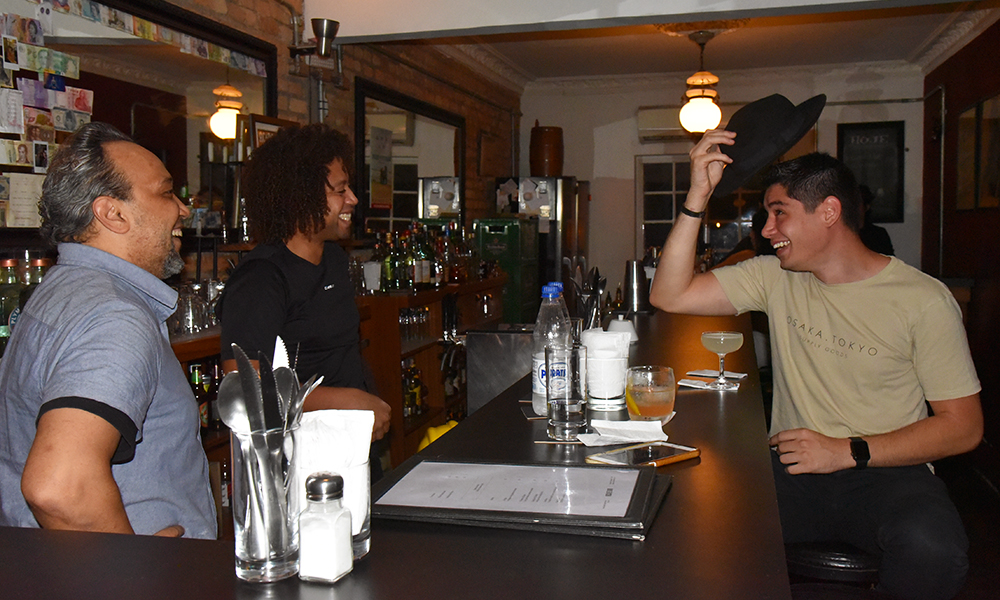
You've told me that your favorite drink is Daiquiri which happens to be the name of your beloved dog, a Golden Retriever. Tell me about your Last Drink at Boca de Ouro.
This takes me back to simplicity.
When I think about a cocktail and its essence, the factors of glamour and complexity are evident (they are obviously present in many more drinks, techniques and tools). But simplicity remains at the core of what is to be a classic. From simple ingredients that can be found all over the world to how to prepare them.
Even being one of the simplest drinks - rum, lemon and sugar - Daiquiri is one of the most difficult ones to master, because it demands a lot: ability to know how to balance acidity, sweetness, alcohol and water dilution. In other words, the principles of a cocktail bar.
How are trends important in the cocktail industry and can they be applied to professionals like you, who are mainly dedicated to classics?
If we analyze the last 100 to 150 years of cocktail making, classics have always been there, regardless of any trend, because history is cyclical, i.e. facts that once happened are repeated over time.
Take for example what took place in the 18th century with the birth of the cocktail culture in which everything was very regional (punches for example were from specific regions). When the first cocktail books appeared, the recipes began to come together, and the globalization of the recipes arose. From there on, classics were born and reproduced in different places.
In the 20th century, quality reached its peak as well as the growing of new tools in the USA. Also, the Black Age came with its goods and bads, like the Prohibition when many American professionals migrated to other markets to work. The Caribbean markets grew, where classics were created, to mask the taste of alcohol and when the law was eased, many professionals returned and applied this knowledge to their local markets.
In the 80's and 90's, advertising boosted youth consumption towards vodka, energetics and gin tonic - which are "easy drinks" to replicate in a much larger volume. This caused the tradition of classic recipes to be lost.
In the early 2000's came a renaissance of cocktail making when Dale DeGroff (a highly respected American and considered to be the King of Cocktail) pushed the trend, investing and taking care of bars that were born to become cocktail bars. Not to mention also that more quality and technology from gastronomy came to be applied in cocktail making - gastronomy helped to rescue the cocktail culture as well.
With this historical context in mind, I can say we now live in the best moment in history to work in this market and to be a bartender: never have the classics been so popular as today. As we also know that history is very cyclical, we have a huge responsibility to make the most of it and prevent this market to become boring, as we have seen in the wine industry, where so many rules dictate consumption.
It is our responsibility to bring cocktails closer and closer to people, to make them more accessible. Even though there are many trends and novelties, classics always remain.
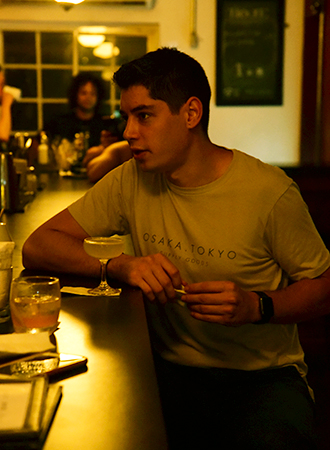
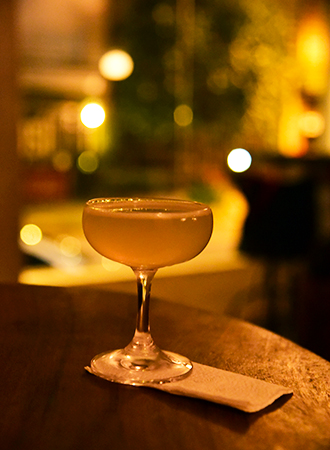
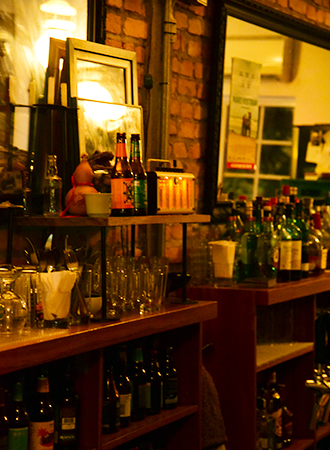
Once a bartender masters the necessary techniques to perform his job, what do you think it takes to make this professional to continue evolving as a good bartender?
I think we should never stop studying. Just like cuisine chefs, cocktails are very close to gastronomy in this sense, because there are many techniques of which a professional needs to master in order to become more complete. In my case, what I learned the most with bartender Spencer was about career planning and how we need to be wide-ranging as professionals.
In the face of a cyclical world, it’s fundamental to study the historical basis, to have reference of what has already happened and prepare ourselves for the future. Also, to understand that many things have already been created: if you do not study, you can say that you are creating something new, when in fact this can already exist for centuries.
We have to acquire knowledge of all spirits, such as vodka, whisky, cognac as well as coffee, wine, soda and kombucha. Unfortunately, I see that it still lacks a lot of knowledge in some bartenders' backgrounds.
I had a lot of contact with cuisine chefs that allowed me to learn about techniques, tools and recipes, such as developing infusions. If I didn't know them, it could take me up to one month or so to develop them. Our profession requires a constant update.
Are you inspired by someone?
I am very inspired by a great friend who is called Erik Lorincz who was a bartender for a long time at the iconic American Bar at the The Savoy - the bar that I also consider to be a key reference. The place has been there for over a century.
I've always dreamed of working there and I did receive a proposal; but on that occasion I was in another moment of life, enjoying my first world cocktail championship in 2017 (Kennedy is the first Brazilian to ever win this position until today) so I could not accept.
At that time, I was finishing University and had also received two invitations from Diageo to become their Brand Ambassador which I had to turn down. When the invitation came for the third time, I decided to accept.
Erik is no longer at the American Bar as he opened his own called Kwant, where he keeps an impeccable atmosphere and a great team together. He is a very humble and hospitable person.
Where is the cocktail market evolving the most and where is the biggest reference in industry?
I see something really big happening in some places. In the Argentinian market, for example, this boom has been happening in the last five years where the cocktail culture is growing a lot. Latin America has been gaining much greater maturity because it has always been treated like an almost Caribbean market, as if, with a much more fruity and sweet drinks culture.
As of markets considered to be a reference, I see London, of course, and the United States. But, just like in Brazil, there are a great number of bars, but only a few ones doing extraordinary work.
What's your personal taste for drinks?
I really like balance. Daiquiri, of course, which mixes a citric base with alcohol and sugar. But I drink a bit of everything, from bitter like Negroni to Sour like Daiquiri or more alcoholic and complex like Old Fashioned. Although, what I usually drink in moments of leisure are lighter and simpler drinks, like Daiquiri.
Speaking about routine and lifestyle. Are you a good career and life planner?
In some circumstances I plan a lot while some others zero. But usually the "zero planning" has to be risk-free situations. That won't happen with the opening of my own bar, for instance. I've been talking about having my own bar since 2012 and I feel myself more and more prepared for it. I know that there is a lot of expectation on me which gives a little bit of fear of frustrating people in case I start with a small concept bar.
Another possibility would be making my dream come true with some partner-investor, closer to the style of the American Bar: correct and perfect in all senses, where the cocktail experience is delivered in a simpler but careful way within a timeless atmosphere.
But I'm still learning a lot from this market which is a complement for my career. Besides I still feel that I'm very useful working at Diageo, being the link between the two worlds in parallel of teaching at the ABS (Brazilian Sommeliers Association) where I help to train new professionals. I have a great desire to launch a cocktail book, but I don't think it will be feasible this year.
Last but not least, what are your three favorite bars in the world?
In London, it's the American Bar because of its unparalleled history and both Kwant and Termini as well. This last one is a bar-café whose owner combines technical and scientific knowledge of perfumery. Another place that I love is called Door 74, in Amsterdam, where I see an assertive combination between classic and contemporary, besides being the first speakeasy ever opened in the city.



